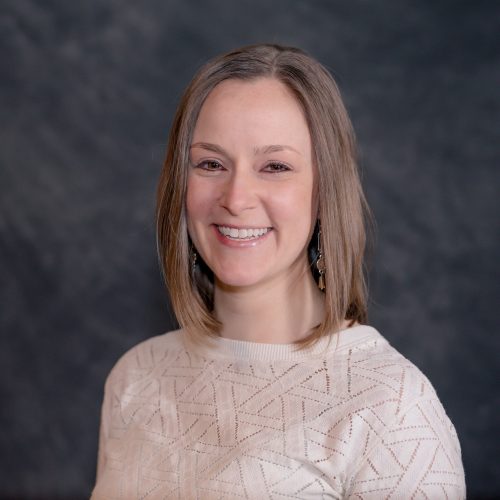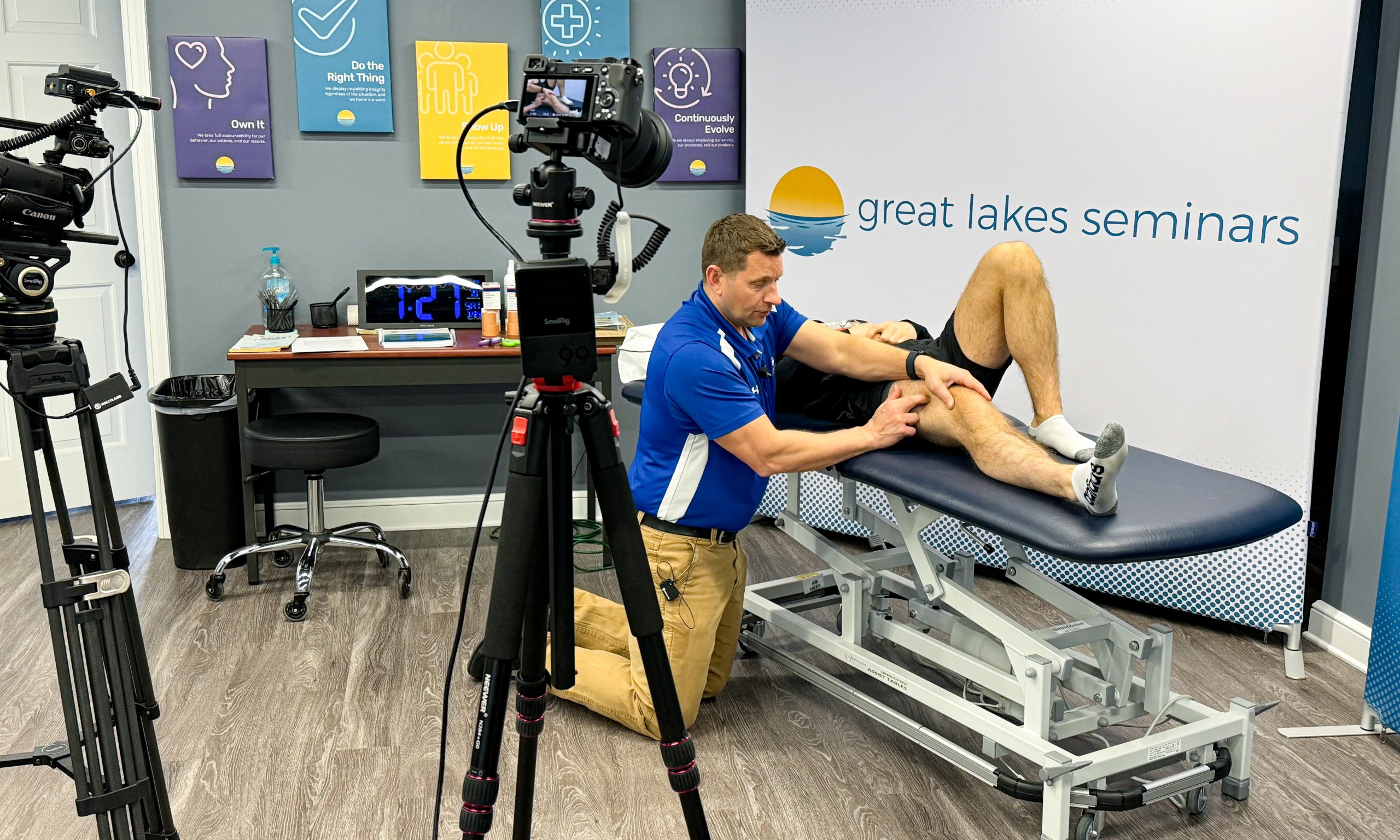New PT Grad Success Guide: How to Start Your Career on the Right Foot

We are here to deliver a New PT Grad Success Guide that will help give a sense of direction for all of the graduates entering the field of physical therapy! After graduation, the next chapter brings a whirlwind of emotions. Your education has equipped you with knowledge and skills to move forward. Now, approach this new phase with intention and become your best self. This chapter is your chance to shape your future. While the path may seem daunting, approach it with an open mind and drive for growth. Pursue your passions, explore new interests, and seek out challenging, inspiring experiences. Each step contributes to your evolution. This is your journey. Embrace it with enthusiasm and determination to succeed. Trust your solid foundation and use it to reach new heights. With focus, resilience, and a willingness to learn, you’ll navigate life after graduation and emerge stronger, wiser, and more fulfilled.
To help give some direction for all the new PTs fresh after graduation, we’ve created a new grad success guide! Check it out below.
New Grad Success Guide:
Determine your passion.
Discovering your true passion within physical therapy can unlock your full potential and lead to a deeply fulfilling career. Each specialization, from orthopedics to acute care, offers the opportunity to profoundly impact patients’ lives. As you explore the field, immerse yourself in clinical rotations, workshops, and conversations with experienced clinicians. Identify the areas that ignite your curiosity, challenge your problem-solving, and align with your values and strengths. Aligning your passion with your profession will not only help you excel but also find a deep sense of purpose. Your dedication and unique talents will empower you to deliver exceptional care, push boundaries, and inspire others.
Find a mentor.
Finding a mentor and meeting regularly can transform your personal and professional growth. By connecting with someone more experienced, you gain valuable insights, guidance, and support. Start by identifying a mentor whose expertise and values align with your aspirations. Reach out with a genuine desire to learn and a willingness to put in the work. Commit to weekly meetings initially to establish a strong foundation. Come prepared with questions, challenges, and areas where you seek advice. Your mentor’s perspective can help you navigate obstacles and refine your skills. As the relationship deepens, you may transition to monthly meetings, signifying your progress and the trust you’ve built. The goal is to internalize your mentor’s wisdom and become self-sufficient.
Find a good flow to perform an initial evaluation of a patient.
Establishing a smooth patient evaluation is crucial for comprehensive, compassionate care. As a healthcare professional, guide the patient with empathy and efficiency, ensuring no important detail is overlooked. Welcome the patient, create a warm atmosphere, and use active listening and thoughtful questioning to gather their medical history, concerns, and well-being. Transition seamlessly between gathering information and the physical exam, maintaining a calm, reassuring demeanor. Observe verbal and nonverbal cues to inform clinical decision-making. This smooth flow demonstrates professionalism and dedication, building trust for a successful treatment plan and collaborative partnership where the patient feels heard and understood.
Prioritize continuing education.
In the first 1-2 years of practice, attending continuing education courses is a powerful investment in professional growth. Embracing lifelong learning and seeking opportunities to expand knowledge and skills is essential for new practitioners. Immersing oneself in continuing education, such as workshops, seminars, or conferences, provides a deeper understanding of industry trends, best practices, and innovative approaches. This commitment to continuous learning equips the practitioner with tools to excel in their role and lays the foundation for a dynamic career. Each course attended connects the practitioner with mentors, peers, and experts, fostering a supportive network. The knowledge and skills gained can be immediately applied to improve the quality of service provided. Embracing curiosity and self-improvement in the early stages of one’s career empowers professional growth, innovation, and personal fulfillment.
Stay up-to-date on current best practice guidelines.
Staying up-to-date with the latest literature is essential for following best practices. Continuously engaging with current research and industry insights keeps professionals’ knowledge and techniques at the forefront of their field. This commitment to lifelong learning strengthens expertise and fosters a growth mindset, allowing adaptation and innovation. Immersing in the latest literature provides a deeper understanding of emerging trends, innovative approaches, and evidence-based strategies. This knowledge can then be integrated into practice, elevating work quality and outcomes. Staying informed also keeps professionals attuned to changing needs, enabling tailored solutions. Keeping up with the literature contributes to the field’s collective progress. Sharing insights, collaborating on research, and engaging in discourse pushes boundaries and sets new standards of excellence. This benefits both professionals and the communities they serve. Embracing continuous learning and staying current with literature is a hallmark of professionals committed to excellence and impact.
Have a focus of the day.
When caring for complex patients, focus on one priority each day. Trying to address everything at once can be overwhelming. By honing in on a specific goal or concern, you can provide the best possible care. This focused approach enables meaningful progress instead of feeling scattered. Complex patients require balanced, strategic care. Setting a daily focus avoids trying to do too much, leading to better outcomes. Embracing a daily focus empowers you to navigate patient care with clarity and purpose, making a profound impact one step at a time.
Knowing yourself will make your PT skills more impactful.
Knowing yourself is key to unlocking your potential as a physical therapist. Understanding your values, strengths, and aspirations allows you to create a more meaningful experience for patients. Embracing your unique perspective cultivates genuine connections, guiding patients with empathy and a desire to help them succeed. Your self-discovery enriches your life and infuses therapy with depth and inspiration beyond physical results. Exploring your experiences, passions, and insights tailors your approach to each patient’s needs. This holistic, person-centered approach empowers patients to achieve fitness goals and find purpose in their wellness journey. Your impact goes beyond technical expertise – it’s the profound difference you make in people’s lives. By embracing self-knowledge, you’ll transform patients one inspiring session at a time.
Questions? Check out these FAQs!
A mentor provides guidance, support, and professional insights. Regular meetings help you navigate challenges, refine your skills, and gain confidence in your practice.
Explore different specialties, participate in clinical rotations and workshops, and talk to experienced clinicians. Identifying what excites and challenges you will help align your passion with your career path.
Focus on welcoming the patient, active listening, thoughtful questioning, and transitioning seamlessly from history-taking to physical examination. Observing verbal and nonverbal cues enhances clinical decision-making.
Yes. Attending courses, workshops, and seminars in your first 1-2 years builds your skills, connects you with mentors and peers, and strengthens your foundation for long-term growth.
Continuously engage with current research and literature. Staying informed helps you apply evidence-based strategies, adapt to new trends, and improve patient outcomes.
Understanding your values, strengths, and aspirations allows you to connect more deeply with patients, tailor treatments effectively, and enhance your overall impact on patient outcomes.
Apply what you learn immediately with patients, seek mentorship, set daily priorities, and engage in continuing education. Combining these strategies accelerates professional growth and builds confidence.
Share this article:


